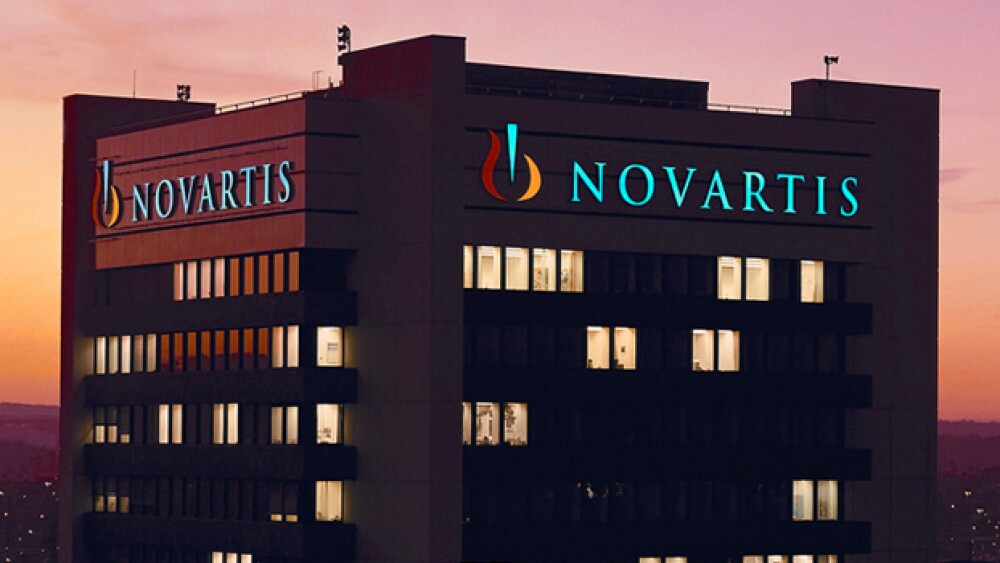Teva and Mylan are looking over their shoulders this morning after the FDA gave Novartis and Momenta the green light for their Copaxone copycat drug.
Teva Pharmaceuticals and Mylan are looking over their shoulders this morning after the U.S. Food and Drug Administration gave Novartis and Momenta the green light for their Copaxone copycat drug.
After a one-year delay, the FDA gave approval for Glatopa (glatiramer acetate injection), a generic version of multiple sclerosis drug Copaxone. The new 40 mg formulation is expected to cut into the market share of Teva, which manufactures Copaxone, as well as a generic version developed by Mylan.
Sandoz, the generic arm of Swiss pharma giant Novartis, and Cambridge, Mass.-based Momenta jointly announced the launch of the new drug this morning. Glatopa will be used three times per week by patients with relapsing forms of multiple sclerosis (MS). A 20 mg dosage of Glatopa, a generic for Teva Pharmaceuticals’ Copaxone for patients with relapsing forms of multiple sclerosis developed in collaboration with Sandoz, was approved for marketing in 2015. That delay allowed Mylan to launch its 40 mg version of Copaxone in October.
The FDA approval of Glatopa was initially expected last year at this time, but manufacturing issues forced a delay. On Feb. 17, Momenta’s contract manufacturing partner Pfizer received a warning letter from the U.S. Food and Drug Administration regarding issues with one of its facilities. FDA inspectors found “significant violations of current good manufacturing practice” at the plant during its inspection last year. The Pfizer facility is a key part of the supply chain for Momenta’s Glatopa products.
Teva has been bracing for losses to Copaxone. Reuters noted that last week, the Israel-based company forecast a $2 billion loss of revenue over the next year. In 2017, Copaxone generated $3.8 billion, but forecasts for 2018 peg the drug at earning $1.8 billion, Reuters said. Shares of Teva are slightly down this morning on news of the FDA approval.
Sandoz Chief Executive Officer Richard Francis said the approval of the 40mg dose of Glatopa “reinforces” the company’s leadership in “delivering complex, differentiated generic products.”
Craig Wheeler, CEO of Momenta, was also excited by the FDA approval.
“This approval further validates the strength of our physicochemical and biological characterization capabilities,” Wheeler said in a statement. “We are very proud to once again be able to provide patients with relapsing forms of MS with a cost-effective, high-quality generic alternative treatment option.”
The FDA approval was a needed shot in the arm for Sandoz after the FDA stymied approval of a generic version of GlaxoSmithKline’s asthma drug Advair.
To help patients acquire the newly approved Glatopa, Sandoz said its GlatopaCare will offer a $0 co-pay support program to qualified patients.





